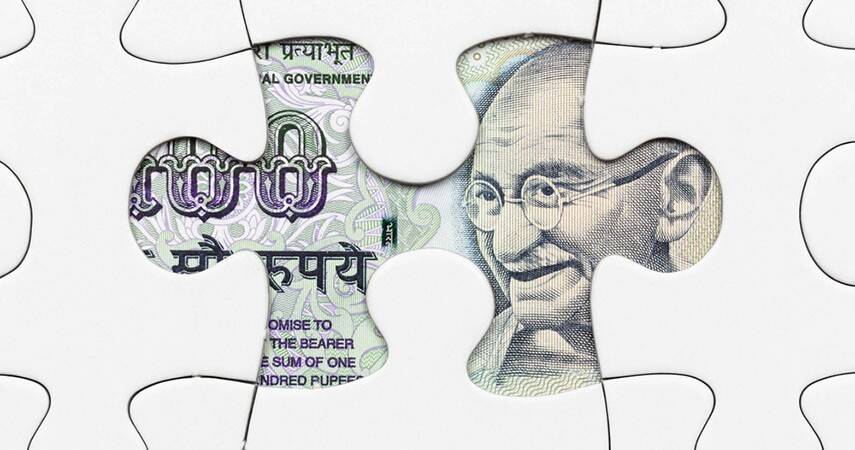The obvious logic behind such a conclusion is that: When costs go up, prices go up. Clearly speaking, when development expenses related to land, permits, and construction will rise; increased costs will be passed along to end users like the purchasers of apartments, villas and plots.
However, it is expected that this adjustment of prices will not affect the property buyers immediately. But the ones to receive the least blow are the buyers living in "new-economy" cities, especially those urban centres that are characterised by a swiftly growing population engaged in salaried, white-collar employment. For example, property markets like that of Bangalore are driven by salaried professionals in the IT and ITES sector. Here the long-term trend is for buyers to carry out transactions through bank loans and cheques and a full 95 percent of transactions of properties costing less than one crore in Bangalore are completely "in the white". Not a rupee in cash is involved in the transactions. This makes Bangalore is one of the least affected cities in the country.
But unlike Bangalore, in Mumbai and Delhi cash through hands is more entrenched. So we could as well say, the aftermath of demonetisation will be faced by cities on the basis of usage of cash components in a property transaction. Judging on this parameter, the new-economy cities like Bangalore, Pune and to a certain extent Chennai would be least affected.
Now let us discuss the factors that are likely nudge prices upward. The key components that influence the development costs are land, permits and construction.
Of these, the land will represent the most significant increase in costs. Since landowners will now figure in the cost of taxes, large parcels of land for new projects can be expected to become more expensive. As the reduction of black money goes hand in hand with an increase in taxes, and this would automatically reflect the increase in the price to the end user.
In case of plotted developments, 60 percent of more of the cost is land. Therefore, compared to apartments, where 20-30 percent of the cost is related directly to land, plotted properties would have to face more price rise.
Liaising consultants are expected to raise charges for their services. This might make the process of seeking permits more expensive.
Construction costs are also likely to increase as money transactions between subcontractors, material providers and labourers can’t happen in the way it used to happen in the past.
But, as demonetisation will welcome Commercial construction, it will further enhance the economy of the country because it is linked to job creation, which in turn generates demand for homes. And this has already been proved as Bangalore has been titled as the No 1 property investment market across all of Asia by PwC and the Urban Land Institute.







